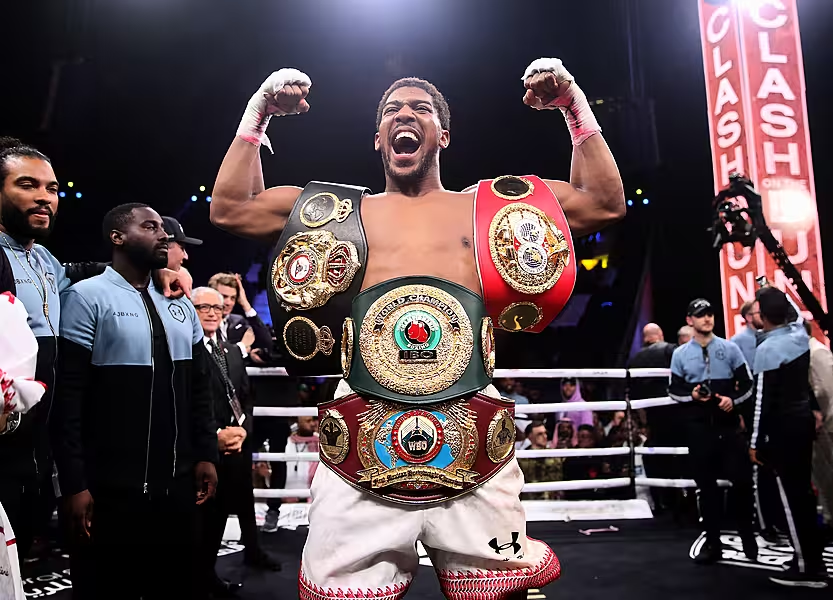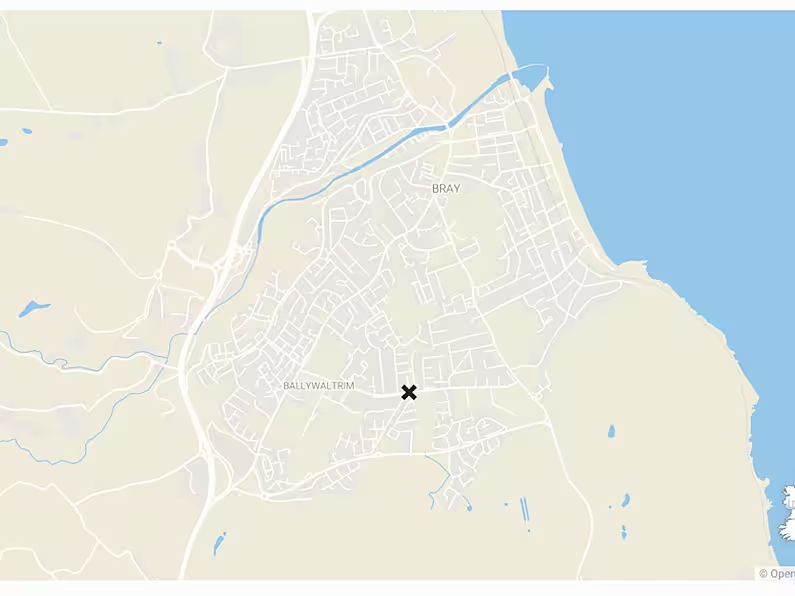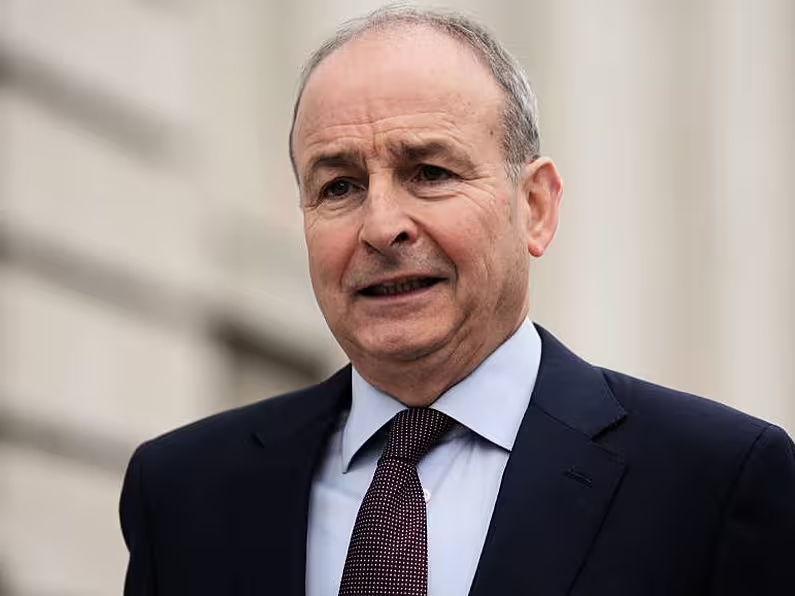Natasha Jonas appreciates the progress that has occurred in women’s boxing inside the last decade but she insists “there is still a long way to go” as she called for a fairer pay structure within the sport.
From being one of the first females to box at an Olympics at London 2012 to topping the bill in a world title fight last year, Jonas has been instrumental in shattering stereotypes and bringing women to the forefront of the sport.
It is a far cry from Jane Couch having to win a landmark legal case 23 years ago this month just to be able to compete in the ring, but Jonas, 36, believes the wage gap between male and female professionals is the next battle.

While Anthony Joshua and Tyson Fury are estimated to bring in tens of millions of pounds per bout, the likes of Katie Taylor, who holds all four major world titles at lightweight, and Claressa Shields, the first fighter – male or female – to be undisputed champion in two divisions in the four-belt era, bring in a fraction of that.
Jonas, speaking ahead of International Women’s Day, told the PA news agency: “We have come a long way but there is still a long way to go. Jane looking back at us, she’s like ‘wow’. She isn’t envious, she’s glad it’s moved on.
“It’s the same with us. I would like to think that females coming after me would be in a better position than I was.
“The thing about boxing when you start is that there is no discrepancy with money. Whether you’re a man or a woman it’s generally the same and it’s only when you move further up the ladder the pay scales differ.
“That’s what we need to work on now. We’ve broken down those barriers of ‘women can’t box’ because there are household names and people are genuinely interested in where the females go and what they’re doing next.
Katie Taylor set the bar when she became undisputed champion
“Because the standard is so high, everybody wants to compete against everybody. Katie Taylor set the bar when she became undisputed champion along with Claressa, now everybody wants to do that.
“Every female doesn’t want to be a one-belt champion, she wants to be the outright champion. It’s easier to make that happen. It would be a promoter’s dream.”
Jonas is among the more established female competitors in British boxing 15 years on from first walking into the renowned Rotunda in her home city of Liverpool, a place where she was the only female but felt instantly accepted.
At the time, funding was scarce and Jonas detailed instances of having to share training attire on international duty. “We had one kit in those days between four or five of us, so you’d pray you weren’t the last on,” she said.
Her dedication led to the loss of two jobs but following increased investment into the sport ahead of London 2012, Jonas, Nicola Adams and Savannah Marshall became the first British females to box at an Olympic Games.

“We always knew how good it was at its elite level, we needed the world to see it,” she added. “Now there’s a clear pathway for young girls. We were just fed to the lions but that gave us a hardness that we needed to be successful.
“Now the young girls have got something and the depth in the sport is growing. It’s only now looking back, I think ‘we did do something great’. Sometimes you can’t appreciate the moment because you’re so focused on the result.”
Jonas brought the curtain down on her career in 2015 but two years later, and 16 months after giving birth to daughter Mela, she reversed her retirement decision and elected to turn professional.
Many observers thought she deserved the nod in her headline fight against WBC super-featherweight champion Terri Harper in August last year, only for the judges to controversially score the contest a draw.
A rematch has proved elusive but another world title shot is on the agenda for Harper, who added: “I think I proved myself at world level. Anyone from 130lbs to 140lbs who’s got a belt is definitely in my sights for 2021.”











